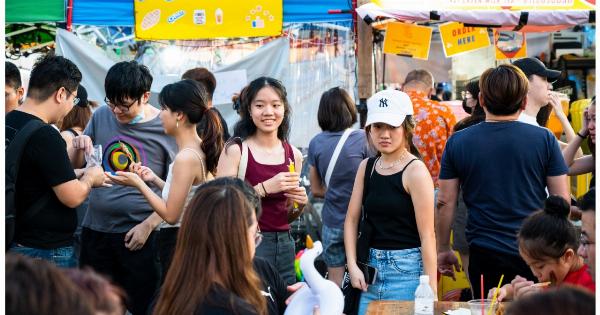Conversing with Daphne’s Hungarian envoy is a fascinating opportunity to delve into the rich cultural heritage and diplomatic relations between Daphne and Hungary.
This article aims to uncover the intricacies of diplomatic conversations and explore the significance of these exchanges in fostering international cooperation and understanding. Through a closer examination of the bilateral relations between Daphne and Hungary, we can gain insights into the responsibilities and challenges faced by a Hungarian envoy while engaging in such diplomatic conversations.
Historical Background
The historical ties between Daphne and Hungary date back several centuries.
The diplomatic relationship between the two nations was formalized with the signing of the Treaty of Friendship in 1922, which laid the foundation for ongoing cooperation in various fields. Over the years, cultural exchanges, economic partnerships, and political dialogues have further strengthened the bond between Daphne and Hungary.
Duties of a Hungarian Envoy
The Hungarian envoy represents Hungary’s interests at the diplomatic level in Daphne. This involves engaging in dialogues with Daphne’s government officials, participating in diplomatic events, and facilitating bilateral cooperation.
The envoy acts as a bridge, conveying messages and information between the two nations while promoting mutual understanding and collaboration.
Language and Communication
Language plays a vital role in diplomatic conversations. The Hungarian envoy must be fluent in both Hungarian and the official language of Daphne, as effective communication is crucial in conveying thoughts accurately and establishing rapport.
The envoy’s linguistic skills enable them to engage in nuanced discussions and comprehend cultural subtleties, fostering better diplomatic relations.
Building Rapport
Establishing rapport is essential in diplomatic conversations. The envoy must engage in small talk to foster a friendly and relaxed atmosphere.
By showing genuine interest in Daphne’s culture, history, and traditions, the envoy can create a common ground and build trust. Understanding local customs and etiquette further aids in building rapport and ensures respectful and productive conversations.
Cultural Diplomacy
As a Hungarian envoy, cultural diplomacy serves as a powerful tool in strengthening the ties between the two nations.
Organizing cultural events, art exhibitions, and music concerts promotes mutual understanding and appreciation for each other’s cultural heritage. By showcasing Hungary’s rich history and traditions, the envoy fosters cultural exchanges that transcend mere diplomatic conversations.
Negotiations and Diplomatic Agreements
Diplomatic conversations often revolve around negotiations and the signing of agreements. In the case of the Hungarian envoy, these negotiations focus on areas such as trade, tourism, education, and investments.
Through diplomatic discussions, both parties can identify common interests, resolve differences, and draft agreements that benefit both nations.
Challenges and Solutions
Engaging in diplomatic conversations also comes with its fair share of challenges. Language barriers, cultural differences, and policy discrepancies can sometimes hinder effective communication.
To overcome these challenges, the Hungarian envoy employs various strategies such as relying on professional translators, adapting to local customs, and conducting thorough research on the host country’s policies.
Ensuring Open Channels of Communication
Effective communication is a vital component of a successful diplomatic conversation.
The Hungarian envoy ensures that channels of communication remain open between Daphne and Hungary, fostering an environment wherein regular updates, information sharing, and dialogue take place. This open approach strengthens cooperation, prevents misunderstandings, and facilitates prompt resolutions in times of crisis.
Evaluating the Impact
Assessing the impact of diplomatic conversations is crucial in determining the success of bilateral relations. The Hungarian envoy, in coordination with their counterparts in Daphne, continuously evaluates the outcomes and impact of their conversations.
This evaluation helps identify areas of improvement, highlight successful initiatives, and provides insights into future strategies for strengthening the diplomatic bond between the two nations.
Conclusion
Conversing with Daphne’s Hungarian envoy showcases the importance of diplomatic conversations in fostering international relations.
Through the language and cultural understanding of a Hungarian envoy, the bond between Daphne and Hungary continues to grow stronger. By effectively navigating through challenges, facilitating negotiations, and promoting cultural diplomacy, the Hungarian envoy plays a vital role in shaping the future of bilateral relations.






























